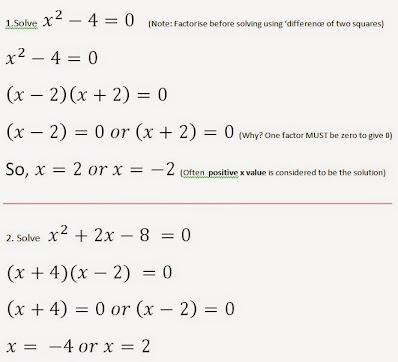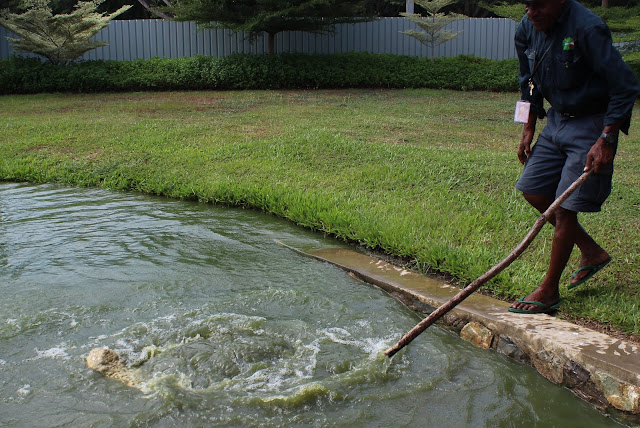Papua New Guinea Rugby League (PNGRL) officials are caught
out when the recently promoted head coach of Gateshead Thunders signed 4 talented players from PNG Hunters.
The immediate counterword was ‘protocol’.
PNGRL will release a statement on Monday the 3rd of November. If the protocol has been bridged, what then?
This is a serious issue. PNG Government,
sponsors and PNGRL have developed something unique last year through PNG Hunters. For this not to repeat, the management of PNG Hunters will set a precedence to safeguard their players –
they will send out a clear message to players, scouts, agents and admirers.
If the situation hits a deadlock, it may mean the visa application is stalled. Their dreams of playing for Gateshead Thunders and their future in the UK or PNG could be shattered.
They are likely to be terminated from playing with the PNG Hunters or the national
team. Their future in RL is gloomy.
Stanley Gene’s career can also be jeopardised if he did not
follow due process. If there was an International
Rugby League Code Of Ethics to deal with this issue, Stan would be aptly disciplined.
However, he can escape this predicament for now.
Stanley has admitted that he did not talk to PNGRL and PNG Hunter's
management. But in all honesty, Stan’s intention wasn’t that sinister. Take a
look at the benefits these 4 players are likely to enjoy posted on QPNG Rugby League News
& Views by Chris Thompson:
GREEN GREEN GRASS OF ENGLAND
1. House - A house will be supplied for the boys to live in
communally.
2. Car - A car will
be supplied whoever chooses to get a UK driver's licence will be able to
drive it,
3. Money - Players will be full-time as paid professional players.
4. Education - Gateshead
College will be available for any players wanting a tertiary education for life
after rugby league.
5. Future - Gateshead
Thunders is the owner is a Multi-millionaire with the vision of getting Gateshead
elevated into The Super League Competition in the next few years.
Others
6. Travel – Given their status as seasoned international players
plane tickets to the UK and back to PNG.
7. Insurance would be included in their contracts - a compulsory component of risk cover.
7. Insurance would be included in their contracts - a compulsory component of risk cover.
Perhaps the most important benefit is their salary. So, here is an insight into how much they are going to earn - take-home pay. The minimum wage in the United
Kingdom is £6.50 an hour for those 21 years of age and over. These 4 young men
are professionals. They are going to earn more than the minimum wage. The table
puts figures for take-home pay based on UK Government's minimum wage scale. It is important to note that this is the BASE wage.
How much do PNG Rugby League players Earn?
Gateshead Thunders are going to pay these professional rugby league players more. They are NOT minimum wage earners. They are professionals.
It is a win-win situation for everyone involved in players’
development. Stan’s intention was innocent except to give his countrymen a
better chance. This is an opportunity – truly an opportunity as these 4 men wouldn’t
have a chance to get a life in the northern hemisphere if it wasn’t for the
head coach of Gateshead Thunders.
This is their life. Let them have it.






















